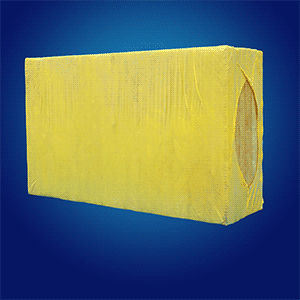
If you have any need for our products, please contact us in time
Contact Us
Rituals of Qingming Festival
Posted by: Date:04.Apr.2023
Tomb-sweeping Day is also known as the Outing Qing Festival. Tomb-sweeping day offering sacrifices to deceased ancestors is a way for future generations to promote filial piety. Every Qingming Festival, there is an endless stream of teams returning home to worship their ancestors from all over the world.
Qingming Festival
From the perspective of the spatial form of sacrifices, sacrifices can be divided into temple sacrifices, altar sacrifices, temple sacrifices, family sacrifices, Wang sacrifices, and tomb sacrifices. The most important way of offering sacrifices on Qingming Festival is tomb offering, that is, offering sacrifices in front of the tomb where relatives or ancestors' remains or ashes are buried.
What are the forms of Qingming sacrifices?
Family Sacrifice
Family Sacrifice, also known as Sleeping Sacrifice, is a sacrificial offering performed by placing a god at home. The main objects of family sacrifice are ancestors who died within two generations, such as grandparents or parents. Family sacrifices are often held because the family structure is relatively simple, or it is too far away from the ancestral tomb.
Wangjia Mountain Festival
Climb up the mountain, look in the direction of the ancestor's tomb, and withdraw the paper money into the air.
The third is offering sacrifices by the water: the sacrificer looks at the direction where the ancestral tomb is located, hoping that the sacrifice's thoughts will be sent to the ancestral tomb in his hometown along the waterway. Tang Wangjian's "Cold Food Journey" described this scene as "people far away have no graves and water head sacrifices, and even attract women and aunts to visit their hometowns to worship".
The "Wangji" that is not restricted by geographical space has a special meaning in modern society. As the distribution of Chinese people around the world becomes wider and wider, offering sacrifices to family mountains has also become a method of clan identification for Chinese people in foreign countries. For example, Chinese living abroad in Honolulu often go to the seashore of their ancestors’ homeland to burn paper offerings.






.jpg)